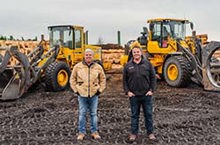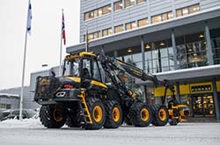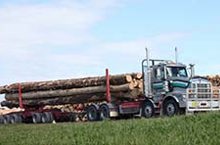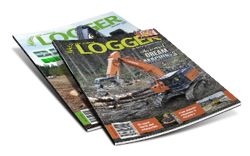
The 3.4% unemployment number coupled with ongoing rises in wage rates highlight that the pressure remains on the employers, says the Employers and Manufacturers Association (EMA).
"When you link those numbers back to our recent Skills Shortage Survey, it shows we are still very short of people and skills in New Zealand," says the EMA’s Head of Advocacy and Strategy, Alan McDonald.
"Those skills and people shortages are a significant handbrake of economic recovery, growth and productivity and we’ll be looking to today’s budget to see if there are measures to support productive growth."
Mr McDonald says that while there are some signs pressure is coming off the job market, low unemployment and a mismatch in the skills being allowed in through the migration channel are still a significant issue.
"Our Skills Shortage Survey showed that work-readiness of those coming into the workplace for the first time is a major problem, and nearly 90% of employers with vacancies are struggling to fill those vacancies.
"While migration numbers have increased rapidly there is a still an imbalance in the system that weighs more heavily towards university and white collar qualifications than technical and vocational skills.
"That’s led to a situation where we have members who can’t take on apprentices because they have run out of skilled people to train them, or they can’t expand the business because they don’t have enough skilled people to meet any increase in orders," he says.
"It’s also a concern that forecasters are continuing to predict unemployment to hit 5.5% next year. That means businesses will have closed and people will have lost jobs - no-one wants that situation."
Mr McDonald says investment in new tech, machinery and training are the keys to increasing productivity and lifting people entering or already in the workplace into higher-paying roles.
"More rapid depreciation of new investments in tech and machinery and more liberal definitions of what represents innovation would significantly enhance investment in productivity growth through digitisation and new tech."
"Similarly, greater recognition and support for vocational education and training in the workplace is a key to boosting both productivity in the economy and skill levels in our workplaces. And we’d really like to see a continuation of support for schemes like Apprenticeship Boost."










